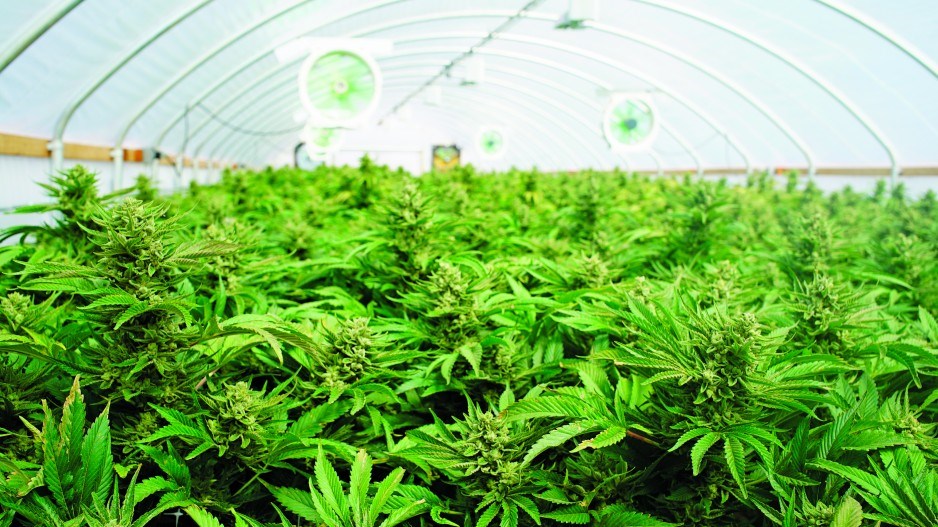The House of Commons on June 18 voted 205-82 to accept an amended version of Canada’s Cannabis Act, which would legalize recreational cannabis use countrywide.
The bill now passes back to the Senate, where senators will vote on the new version of the bill – one that includes many of the amendments that the Senate voted on June 7 to approve, but not all of those amendments.
If the Senate passes the bill, it will then move on to get royal assent, which would be a rubber-stamp approval.
The bill’s progress is significant because it will end 95 years of prohibition in Canada for consuming cannabis for recreational purposes. Medicinal cannabis use has been legal in Canada since 2001.
The new version of the Cannabis Act, Bill C-45, includes the House of Commons’ acceptance of most Senate amendments, as well as a rejection of amendments such as:
•allowing parents to share cannabis with their own child, who is at least 16 years old, as long as the sharing is done in the parent’s home;
•allowing provinces to ban the ability of residents in the province to grow up to four pot plants in their own home; and
•banning cannabis brands from being able to put their branding on promotional items, such as t-shirts.
The expectation is that the unelected Senate will accept the will of the elected lower house.
“If I were guessing, I would say, ‘Yes, the Senate will accept the will of the lower house,” said Anne McLellan, who chaired the Task Force on the Legalization and Regulation of Cannabis, which was tasked by Prime Minister Justin Trudeau in 2016 to recommend how to legalize cannabis.
She told Business in Vancouver on June 18 that the group of Conservative senators who oppose the bill may be able to delay the bill passing in the Senate but that they are not large enough to stop the bill’s eventual passage in the upper house.
“If those senators who can still consider themselves Liberal senators, and the independent senators, if they vote to accept the lower house’s bill, what the House of Commons has sent to the Senate, then the Conservatives, so-called, can’t stop that,” said McLellan, who previously had a career in politics and served separate stints as the Minister of Justice and the Minister of Health in past Liberal administrations.
She added that she thought that any delay tactics that Conservative senators might employ would be limited in scope.
Once the bill gets royal assent, the government will add regulations to the bill. Those regulations will include what McLellan calls a “proclamation date,” or a date for which sales will be legal.
Regulations to allow activities in the recreational-cannabis supply chain up to, but not including, sales to consumers are likely to go into effect very soon after royal assent. Those activities include packaging, labelling, transporting, delivering and stocking cannabis products.
Only after that supply chain runs smoothly and stores are ready to open with filled shelves would retail sales begin to be legal, likely in about three months, according to McLellan.
“The go-live date [for legal recreational cannabis sales] will probably be some three months hence,” she said. “I would say sometime, maybe at the end of August, early September or mid September.”



